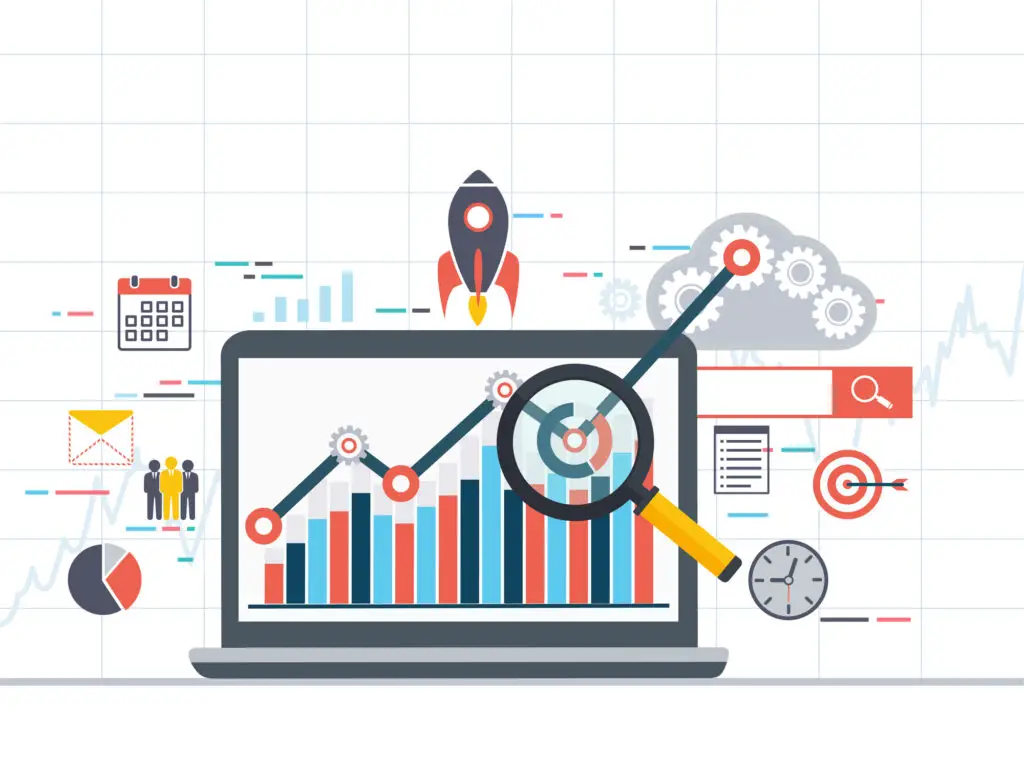 Some experts consider Industry 4.0 the fourth industrial revolution — it’s that important to the business world. Industry 4.0 refers to the use of intelligent digital technologies in improving manufacturing and industrial processes. It promises higher efficiency and greater safety.
Some experts consider Industry 4.0 the fourth industrial revolution — it’s that important to the business world. Industry 4.0 refers to the use of intelligent digital technologies in improving manufacturing and industrial processes. It promises higher efficiency and greater safety.
However, some small-to-medium businesses (SMBs) may question how all of today’s tech can benefit them. Here’s a look at what SMBs need to know about Industry 4.0 to take maximum advantage of advancements and drive higher profits.
1. Cloud Computing Solutions
Cloud computing began as a convenient storage solution, preventing data loss. However, it has come a long way since its early days and now facilitates the ability of teams to work from a distance and encourages collaboration.
Cloud software suites like Google Workspace, Trello, and Slack allow workers to communicate and share data in real time. For example, an associate can message their supervisor on the other side of the country or globe.
Such solutions are more secure than ever, allowing diverse teams to access proprietary data from anywhere. Such transparency can drive efficiency and operational performance. For example, people approaching investors or writing grants can instantly share data on why they need the funds and how they are spent, giving shareholders a greater sense of security that their money goes to worthy purposes.
2. Big Data Analytics
Having access to more information benefits SMBs, but it can also overwhelm them, burying them in details. Big data analytics can help. By parsing the most relevant results to pointed queries, such systems deliver what teams need to drive decision-making while eliminating potential detractors.
The four types of big data analytics help SMBs make better decisions and drive their bottom lines:
- Descriptive analytics: This includes analyzing sales reports to determine the efficiency of various marketing strategies.
- Diagnostic analytics: Use this to troubleshoot problems, such as why a product’s sales dropped. Was it due to a competitor’s lower prices or some other factor? Even a sudden shift in weather patterns can result in fewer snow shovel sales.
- Predictive analytics: Helps prevent problems before they happen, like determining when a pricey piece of equipment requires maintenance.
- Real-time analytics: This examines diagnostics and predictions to determine what you can do to solve problems. For example, you might get around a supply chain snafu by switching to another supplier.
Such analytics exist in various software platforms and apps designed to help SMBs thrive. Many of them incorporate artificial intelligence.
3. Artificial Intelligence (AI)
Data analytics is one form of artificial intelligence. However, it doesn’t encompass the full scope of what this technology can do. It can also automate numerous processes that improve your daily workflow, such as:
- Automating repetitive tasks, like adding to-do items to employee calendars.
- Creating business content, like assistance with writing blogs and resumes, editing photos or videos, or developing e-commerce product descriptions.
- Improving customer service by using AI chatbots to funnel inquiries to the correct department for resolution.
4. Cyber-Physical Systems
Industry 4.0 isn’t only for those who work on computers. It also impacts those who hustle on their feet. For example, cyber-physical systems promise to revolutionize warehouse work, decrease worker fatigue and injury, and improve safety through the use of automated guided vehicles (AGVs) and autonomous mobile robots (AMRs).
- AGVs are computerized vehicles for tasks like transporting, offloading, loading and receiving materials. They can reduce repetitive motion strain that occurs from activities like repeatedly putting items on or off a pallet.
- AMRs are self-operating robots designed to navigate warehouse facilities using sensors, algorithms and built-in maps. Experts predict their use will grow by $2.3 billion by 2028 as they speed up laborious tasks while reducing worker injuries.
5. Drones
Other types of technological advancements also improve safety and efficiency. For example, drone technology is a huge benefit in the construction sector. Crews can use it to create more accurate topographic surveys of jobsites and get into hard-to-reach areas. They can also monitor equipment and processes from the sky, helping team leaders keep track of valuable machines.
Some drones can also identify potential hazards on jobsites, alerting crews before injury occurs. They allow surveillance from a distance, checking for unsafe practices and empowering leaders to pull staff engaging in risky behaviors aside for remediation.
Industry 4.0 and SMBs
Industry 4.0 promises to revolutionize the business world. However, it isn’t only the biggest players who can get in on the fun and benefit from these advancements. Costs for some technologies, such as drones, may be coming down, making them accessible for SMBs. Once SMBs understand the value such technologies bring to their workforce, they can invest wisely in solutions that streamline their processes and drive higher productivity and profitability.
Other posts related to digital technology can be found here.


